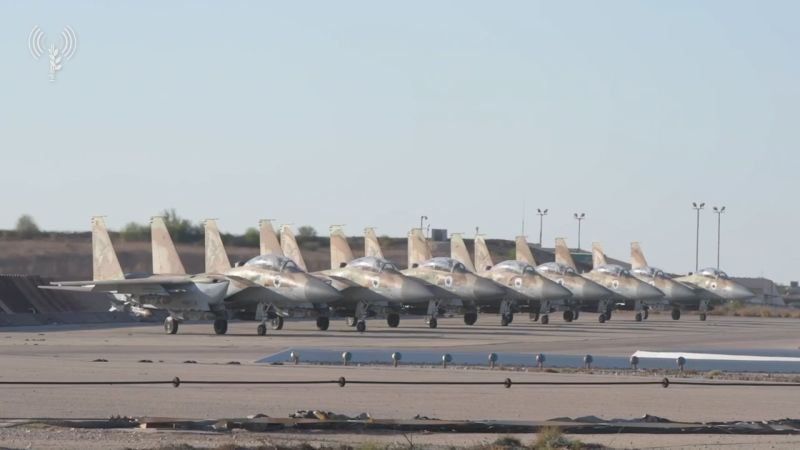
CNN Analysis Reveals Use of US-Made Bombs in Strike Targeting Hezbollah Leader Nasrallah
The recent analysis by CNN suggesting that U.S.-made 2000-pound bombs were likely used in the strike that killed Hezbollah chief Nasrallah has once again brought to light the complex dynamics of the ongoing conflicts in the Middle East. This revelation underscores the extensive reach and impact of modern weaponry, highlighting the devastating consequences that such military actions can have on individuals and regions.
The utilization of powerful munitions like the 2000-pound bombs raises profound ethical questions regarding the nature of warfare and the principles of just war theory. The disproportionate destructive capabilities of these bombs can result in widespread collateral damage, leading to the loss of innocent lives and exacerbating the cycle of violence in conflict zones. The targeting of high-profile individuals such as Nasrallah further complicates the moral calculus of military operations, as the pursuit of strategic objectives often comes at the expense of civilian safety and human rights.
Moreover, the involvement of external actors, such as the United States in this case, in regional conflicts adds another layer of complexity to the situation. Foreign intervention can escalate tensions, perpetuate instability, and fuel existing animosities between various factions. The use of U.S.-made munitions in the strike against Nasrallah underscores the interconnectedness of global arms trade and its implications for regional dynamics. It also raises concerns about the accountability of weapon suppliers and their role in perpetuating violence in conflict zones.
The CNN analysis sheds light on the intricate web of geopolitical interests, alliances, and rivalries that shape the dynamics of the Middle East. The targeting of Nasrallah, a prominent figure in the regional power dynamics, not only has immediate implications for Hezbollah and its allies but also reverberates across the broader political landscape of the Middle East. The use of advanced weaponry like the 2000-pound bombs reflects the evolving nature of modern warfare, where precision strikes and strategic assassinations are employed to achieve political and military objectives.
In conclusion, the revelation that U.S.-made 2000-pound bombs were likely used in the strike that killed Hezbollah chief Nasrallah serves as a stark reminder of the complex realities of conflict in the Middle East. It underscores the ethical dilemmas posed by modern warfare, the role of external actors in regional conflicts, and the intricate interplay of geopolitical interests. As the international community grapples with the implications of such military actions, it is essential to consider the profound human cost of armed interventions and strive towards peaceful and sustainable solutions to the complex challenges facing the region.
